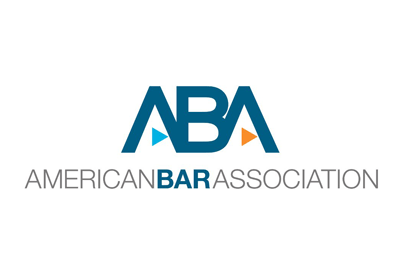ESTATE PLANNING ATTORNEY
Jefferson County, MO Estate Planning Attorney
Let Us Help You With Your Estate Planning
An estate plan can provide assurance and comfort that one’s wishes about any future occurrences will be met. Good estate planning ensures that a person’s wishes are carried out in the event they pass away. This may involve the disposition of land or personal property, but also allows a means for establishing personal well-being far into the future. To accomplish these goals, an estate plan ideally involves several associated legal documents and procedures. Contact the Lednick Law Firm today at 636-638-2150
to learn more.
Wills
A will is a legal device that lets you specify how your assets should be handled after death. The individual making the will can give instructions on how the property should be divided, who should receive specific items, and who will take care of any minor children. In addition, a will can establish a trust or make gifts to charity. Making a will is especially important for people with young children because wills are the best way to transfer guardianship of minors. If you die without a will, a judge will decide who gets what, without regard to your wishes. You may amend your will at any time. In fact, it’s a good idea to review it periodically and especially when your marital status changes. Any will must meet the requirements of Missouri law in order to be valid, so it is important to seek the advice of an attorney.
Trusts
A trust is a legal mechanism that allows a third party, known as the trustee, to hold assets on behalf of a beneficiary or beneficiaries. More specifically, a trust allows you to place conditions on how your assets are distributed after you die and can specify exactly how and when the assets pass to the beneficiaries. A well-constructed trust is perhaps the best way to avoid probate. Probate is a matter of public record; however, a trust may allow assets to pass outside of probate and remain private. Even if you have a trust you still need a pour-over will which will allow you to name a guardian for your children, as well as to ensure that all the assets you wished to put into the trust are put there even if you forget to retitle some of them before your death.
A revocable trust, also known as a living trust, can help you transfer assets outside of probate. You can name yourself trustee and retain ownership and control over the trust, its terms and assets during your lifetime, but make provisions for a successor trustee to manage them in the event of your incapacity or death. It may be changed or dissolved at any time, should your circumstances or intentions change. A revocable trust may help avoid probate, however, it is usually still subject to estate taxes. It also means that during your lifetime, it is treated like any other asset you own.
An irrevocable trust transfers your assets out of your estate with the goal being to reduce the amount subject to estate taxes by essentially removing the assets from your estate. An irrevocable trust cannot be modified by the grantor once it has been executed. Once it is executed you will lose any control over those assets and are unable to change any terms or dissolve the trust.
Power Of Attorney
A power of attorney gives one or more persons the power to act on your behalf as your agent. The power may be limited to a particular activity, or be general in its application. The power may give temporary or permanent authority to act on your behalf. The power may take effect immediately, or only upon the occurrence of a future event, usually a determination that you are unable to act for yourself due to mental or physical disability. A power of attorney may be revoked at any time upon written notice to the person named to act for you. If you do not have a power of attorney and become unable to manage your personal or business affairs, it may become necessary for a court to appoint a guardian or conservator to act for you.
Health Care Directives
A health care directive (living will) is a document providing advance directives on an individual’s health care preferences, especially in the case of terminal illness or permanent unconsciousness. It offers a person an opportunity to formalize their wishes regarding heroic measures and life-support machines. This directive is normally provided to an individual’s physician so that their wishes are known if they become incapacitated. Contact the Lednick Law Firm at 636-638-2150 now!



